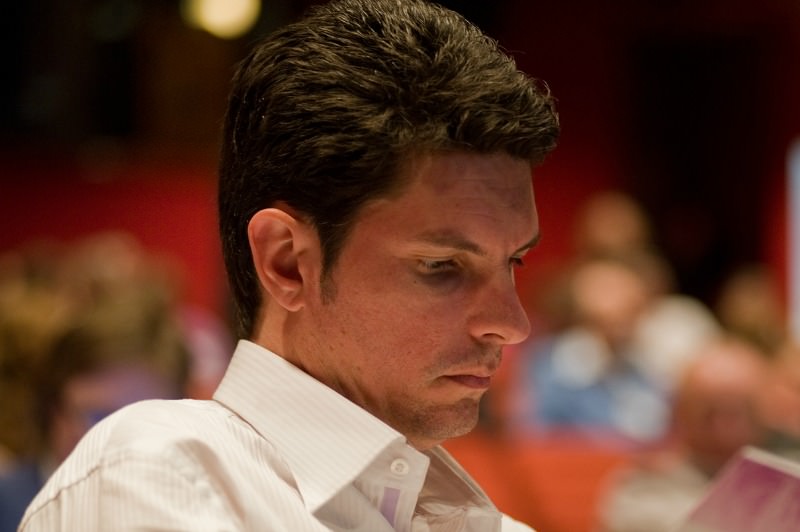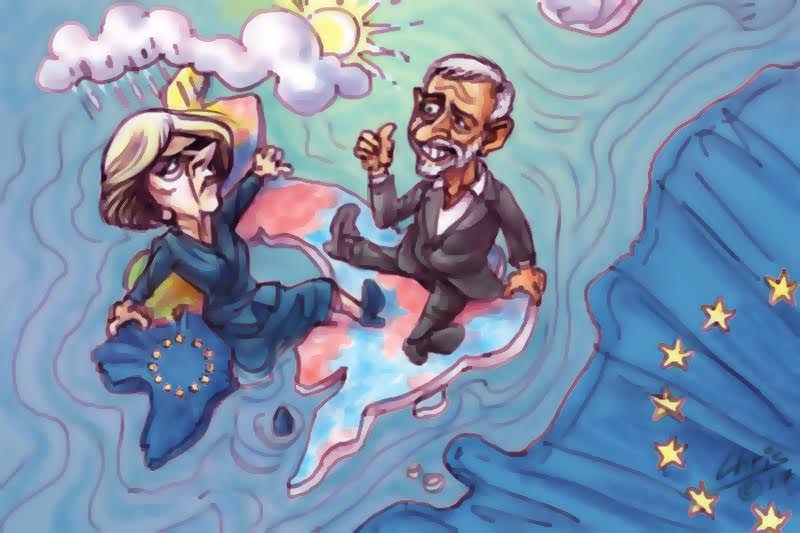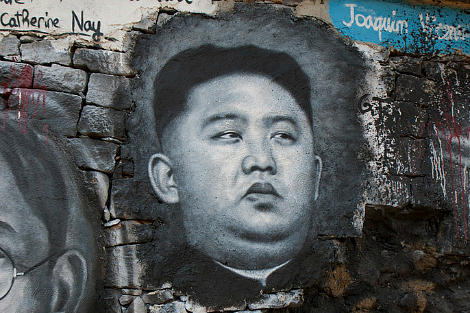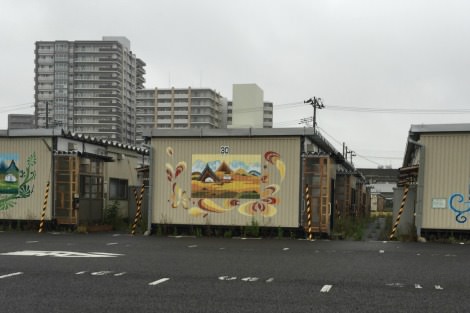Keywords: Nuclear
There are more than 200 results, only the first 200 are displayed here.
-

AUSTRALIA
- Rohan Salmond
- 21 August 2017
53 Comments
Same-sex marriage, the government tells us, is not a first-order issue. And yet it has grown to become a controversy so monumental it has overshadowed even the prospect of nuclear war with North Korea.
READ MORE 
-

INTERNATIONAL
- Justin Glyn
- 15 August 2017
12 Comments
The ongoing talk of war with North Korea and the threat of nuclear weapons has everybody dusting off their copies of Dr Strangelove and rewatching that classic black farce of innuendo, misunderstanding and paranoia in an age of Mutually Assured Destruction.
READ MORE 
-

AUSTRALIA
- John Warhurst
- 18 July 2017
11 Comments
Ludlam's departure means that the Senate has now had three senators, including Bob Day, the Family First leader, from South Australia, and Rod Culleton of the One Nation Party, who was also from Western Australia, declared ineligible to sit in the Parliament in the 12 months since the last election. One is an accident but three is an epidemic. This is a disturbing turn of events.
READ MORE 
-

INTERNATIONAL
- Binoy Kampmark
- 10 July 2017
6 Comments
The DPRK's options in terms of defending itself against the US and its allies were always limited, leaving the way open for an assortment of pantomimes. The arsenal of the threat became normal: that, for instance, of incinerating Seoul, the possibility that Tokyo or Alaska might be targets. The show seems to be moving beyond the next boundary of what is deemed acceptable, largely because Trump deemed it impossible Pyongyang would have a viable ICBM option that could reach the US.
READ MORE 
-

INTERNATIONAL
- Jeff Sparrow
- 09 June 2017
17 Comments
When Corbyn invoked the many against the few, he did so while advocating free education, the renationalisation of utilities and a break from the US alliance. By contrast, Blair coined the phrase in a speech where he urged listeners to put behind them 'the bitter political struggles of left and right that have torn our country apart for too many decades. Many of these conflicts have no relevance whatsoever to the modern world - public versus private, bosses versus workers, middle class versus working class.' We all know which version sits closer to Shorten's heart.
READ MORE 
-

AUSTRALIA
- Michele Madigan
- 06 June 2017
11 Comments
In 1978 Kaurna/Narungga woman, Georgina Williams, said to me that Aboriginal people tend to be first on the receiving end of governmental oppressive practices and, when that works, the practices are extended to other poor Australians. Thirty-nine years later, almost every day brings new evidence of a relentless campaign against the poor, of which Cashless Cards are but one particularly vindictive example.
READ MORE 
-

AUSTRALIA
- Frank Brennan
- 31 May 2017
6 Comments
Indigenous leaders this last week have called for the creation of two new legal entities. They want a First Nations Voice enshrined in the Constitution, and a Makarrata Commission set up by legislation. The Makarrata Commission would supervise agreement making between governments and First Nations and engage in truth telling about history. The envisaged destination is a national Makarrata (or treaty). So the immediate constitutional issue is the creation of the First Nations Voice. There is no point in proceeding with a referendum on a question which fails to win the approval of Indigenous Australia. Neither is there any point in proceeding with a referendum which is unlikely to win the approval of the voting public.
READ MORE
-

AUSTRALIA
- Andrew Hamilton
- 12 May 2017
3 Comments
Public celebrations of family life such as the International Day of Families should be uncontroversial. But they sometimes focus on the definition of the family, with the claims of the stable nuclear family of father, mother and children set against the claims of other kinds of family groupings. These discussions should not distract from such larger questions as: why are families of any description important, and what qualities are needed if they are to be effective?
READ MORE 
-

INTERNATIONAL
Ypres' human collateral damage and displacement of those forced to flee is investigated at Ypres' In Flanders Fields Museum. The museum handbook parallels Belgian's WWI refugee exodus with the plight of refugees today fleeing Syria, Afghanistan and Africa. It's one way In Flanders Fields Museum is adopting a forward-looking approach to commemoration, pulling World War I's messages and themes out of 1918 and propelling them into the 21st century.
READ MORE 
-

INTERNATIONAL
- Binoy Kampmark
- 19 April 2017
6 Comments
A truculent rogue in the White House fumes at an upstart rogue in Pyongyang, both fumbling away in the kindergarten of blunder and realpolitik. How do they measure up in the stakes of rogue behaviour? Even conservative commentators such as Samuel Huntington noted in 1999 that the US is 'in the eyes of many countries ... becoming a rogue superpower'. International law, for the bomb-heavy bully, is a convenient moral reference when needed, but is avoided like a leper when it becomes an impediment.
READ MORE 
-

INTERNATIONAL
- Justin Glyn
- 07 April 2017
13 Comments
The pictures coming out of Khan Sheikhoun are horrific. Children foaming at the mouth, some with terrible head wounds. No wonder the reaction of the world has been outrage. 'Assad must go' has been revived as a catchphrase in the West. We are right to be appalled. Yet several features about the reported sarin attack in Syria's Idlib Governorate should give pause in the current rush to judgment. Firstly, while you wouldn't know it from much of the media, the facts themselves are contested.
READ MORE 
-

AUSTRALIA
- Pepi Ronalds
- 06 March 2017
3 Comments
This week marks the anniversary of the triple disaster (earthquake, tsunami and nuclear meltdown) that hit northern Japan on 11 March 2011. The event took over 18,000 lives, and initially displaced 470,000 people. Six years on, 127,000 are still without a permanent home. Delays have been caused by the sheer physical scope, pre-existing regulations and other restrictions. These are all understandable. What is less easy to accept are the disruptions caused by the 2020 Olympics in Tokyo.
READ MORE 